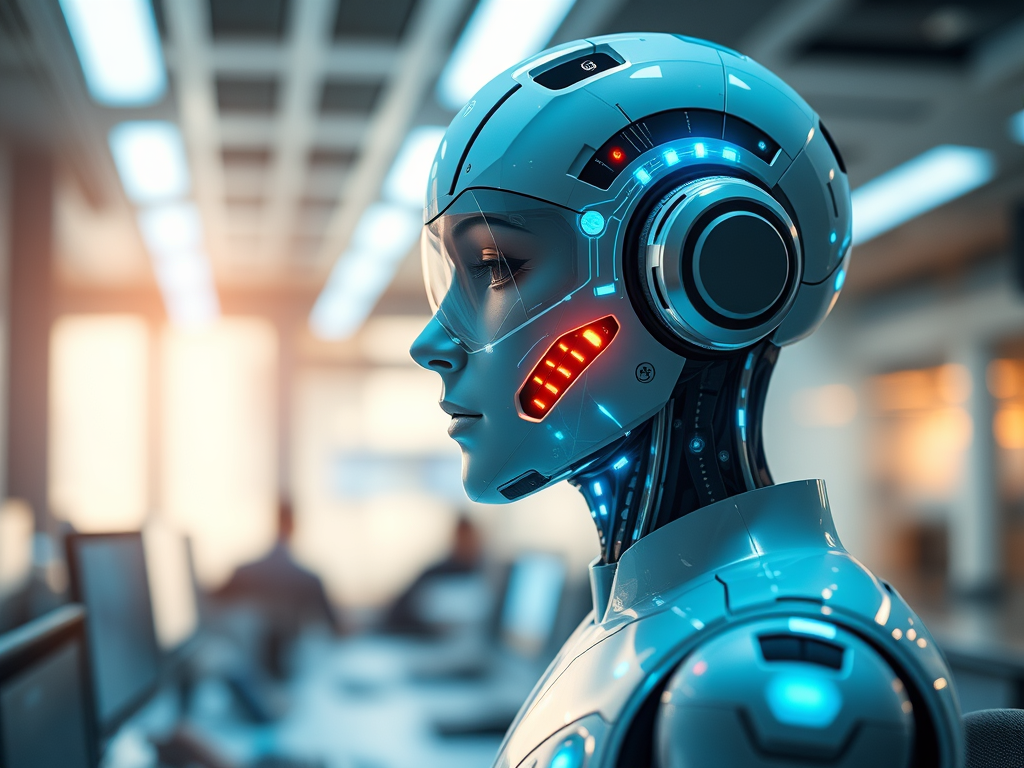The artificial intelligence industry is evolving rapidly, and OpenAI is at the forefront of this transformation. With its AI-powered application, ChatGPT, already generating over $4 billion in annualized revenue, the company is now shifting its focus toward another lucrative opportunity: AI agents.
What Are AI Agents?
AI agents are autonomous applications capable of performing complex tasks with minimal human intervention. Unlike traditional AI tools that require user input and guidance, these agents can execute tasks independently, making them highly valuable for businesses and professionals looking to optimize workflows and efficiency.
Investment and Pricing Strategy
OpenAI has secured a substantial $3 billion investment from SoftBank to develop these AI agents further. The company has also disclosed its pricing model, offering different tiers based on functionality and target audience:
- Low-end agents: Priced at $2,000 per month, these agents cater to high-income knowledge workers who need AI support for routine but crucial tasks.
- Mid-tier agents: At around $10,000 per month, these agents are designed to assist software developers with coding, debugging, and automation.
- High-end agents: Functioning as PhD-level research assistants, these premium agents will cost approximately $20,000 per month and be capable of handling complex data analysis, research, and strategic decision-making.
Future Revenue Potential
OpenAI executives have projected that AI agents will contribute between 20% and 25% of the company’s total revenue in the future. This marks a significant shift in OpenAI’s business model, positioning AI agents as a key driver of its financial success.
The Impact on the AI Industry
The introduction of AI agents signifies a major advancement in AI applications, shifting from conversational AI to fully autonomous task execution. This evolution could transform multiple industries, from finance and healthcare to software development and research.
With OpenAI leading the charge, it’s clear that AI agents will play a crucial role in shaping the future of work and automation. As more businesses adopt these tools, we can expect AI to become an indispensable part of professional workflows, driving efficiency and innovation like never before.



